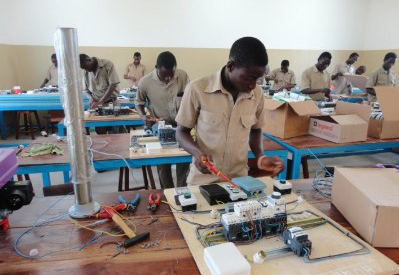Addressing Literacy Challenges in Rural Nigeria: Strategies for Sustainable Change
Despite progress in recent years, literacy rates in rural Nigeria remain low. Limited access to schools, lack of trained teachers, and poverty are just some of the factors contributing to this issue.
Literacy Challenges: In rural communities, many children lack access to quality education due to long distances to schools or the need to work to support their families. Illiteracy perpetuates cycles of poverty and limits opportunities for economic growth.
Community-Based Programs: To address these challenges, community-based literacy programs are essential. Organizations like READ Nigeria are working with local communities to establish libraries, train teachers, and provide educational materials to children.
Impact Assessment: Studies have shown that investing in literacy programs yields significant returns, not only in terms of academic achievement but also in improving health outcomes and reducing poverty.
Scaling Up Efforts: To make a lasting impact, it’s crucial to scale up successful literacy programs and replicate them in other communities. By working together with government agencies, NGOs, and local communities, we can ensure that every child in Nigeria has access to quality education.




